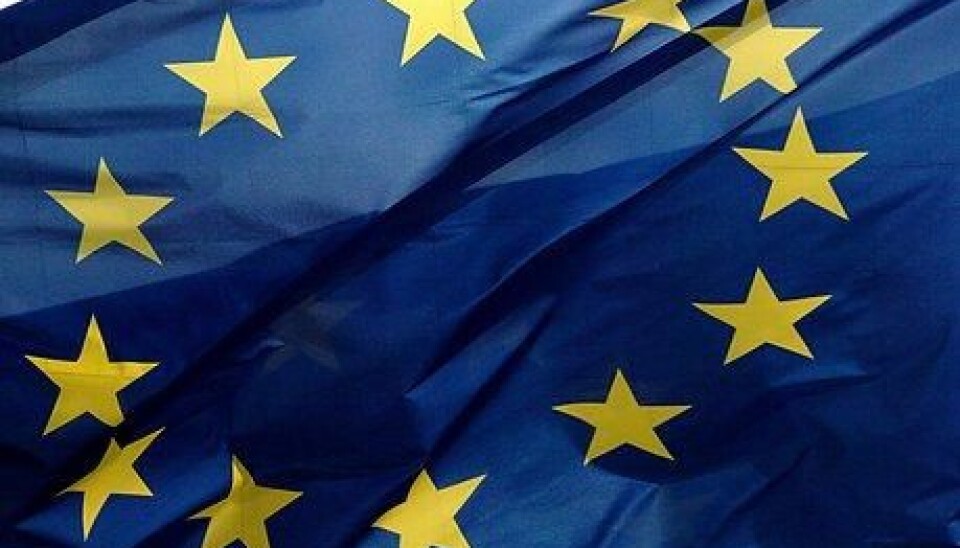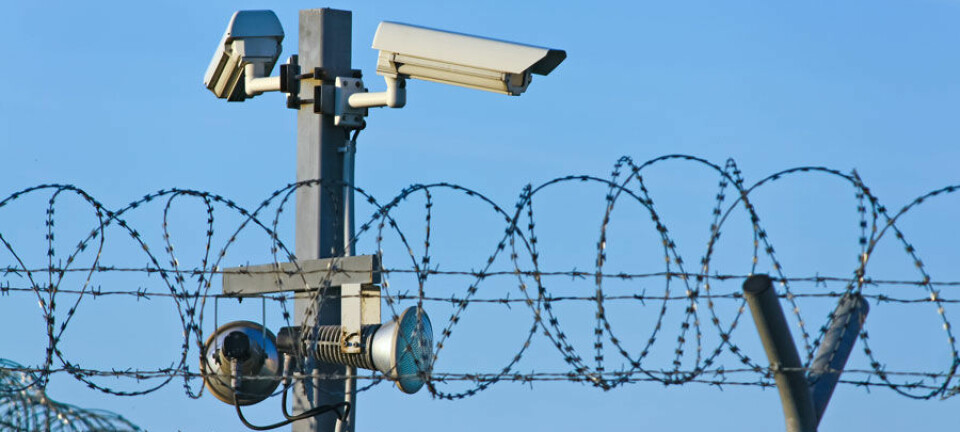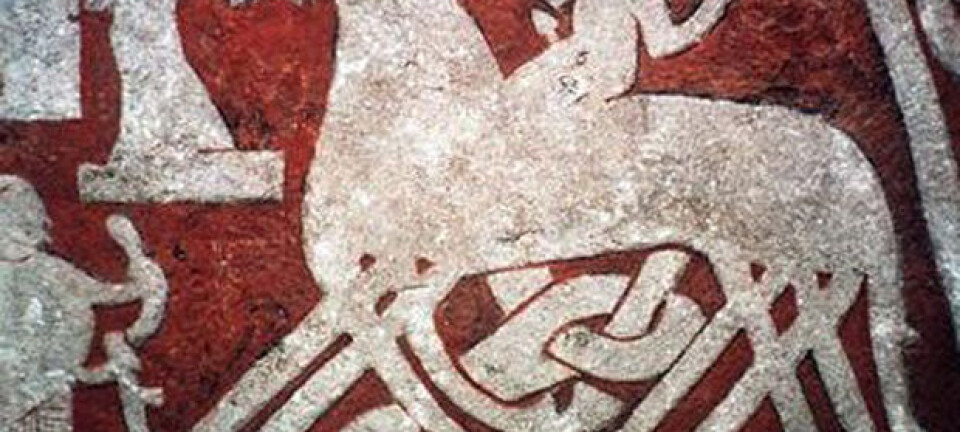
Why Norwegians never wanted EU membership
Norwegians have always had mixed feelings about joining the European Union and a majority voted against it in 1972 and 1994. A new study shows why.
Denne artikkelen er over ti år gammel og kan inneholde utdatert informasjon.
Marianne Sundlisæter Skinner has examined more than 500 letters to the editor and news commentaries regarding EU membership in the non-tabloid newspaper Aftenposten.
The material was drawn from the three separate periods in which Norway debated EU membership: in the early sixties, seventies and nineties. Political manifestos and speeches from the periods were also examined.
Scholars have been puzzled by why Norwegian scepticism regarding EU membership has been consistently strong for decades, long before the Euro zone crisis kicked in.
While Norwegian politicians and mainstream media have been largely in favour of joining the union, voters said ‘no’.

A majority of 53.5 percent voted against EU membership in 1972, while 52.2 said ‘no’ in the most recent referendum, in 1994.
Not about oil
Thanks to a prosperous oil industry and shrewd investment of the returns, Norway has accumulated one of the largest pension funds in the world, second only to Japan’s, and its per capital GDP is the fourth highest in the world.
But Norway’s riches fail to explain why voters turned down the EU in both 1972 and 1994.
“We didn’t know how significant the oil wealth would be in 1972,” says Skinner.
“The arguments against EU-membership were surprisingly similar in 1972 and 1994, and they were not about the economy.”
Importance of sovereignty
Many voters had sovereignty at the top of their list for their reasons to say ‘no’, both in 1972 and 1994.
Norway gained independence from 90 years of Swedish rule in 1905, and was prior to that a part of the Danish Kingdom for more than four centuries. Skinner writes that this history of foreign rule has made Norwegians reluctant to give up independence to a supranational union such as the EU.
“For many Norwegians, the distance to Oslo is long,” says the researcher. “But the distance to Brussels is even longer.”
She says Norwegians are content with their political system, characterised by a short socioeconomic distance between the government and the governed, and are put off by the decision-making process in the EU.
This attitude was found both in the seventies and nineties.
Local anti-centralisation
Voting data from Statistics Norway show that ‘yes’ voters in 1994 were in the majority around Oslo, whereas more than 70 percent of Norway’s northern, rural half voted ‘no’.
"This reflects the strong anti-centralisation sentiment in the peripheral regions of the country."
Many ‘no’ voters regarded maintaining local agriculture and coastal fishing as important, to protect nature and cultural landscapes, keep decentralised settlement, ensure food safety and self-sustainability.
The researcher says this is her personal observation as well, as a native of the rural district 'Toten' in eastern Norway.
“I know many people there who voted no in 1994, and they didn’t do it because they thought it was best for Norway’s economy or their own personal economy,” she says.
‘Yes’ for economic growth
Economic growth was in both 1972 and 1994 the strongest argument of the EU-advocates, but voters were not convinced.
It is difficult to assess what the economic impact of a EU membership would be for Norway.
A comparison of Norway’s annual GDP growth with that of Sweden and Finland, both of which joined the EU in 1995, shows that the three economies had an average growth of 2.3, 2.6 and 2.9 percent per year, respectively, in 1995-2011.
Will Norway ever join the EU?
In the climate of a Euro zone in recession, it is hard to imagine that Norwegians would agree to a fully-fledged EU membership.
“If there ever was an economic argument against joining the EU, it’s right now,” says Skinner.
“But 20 years down the line, after the region is stabilised, Norwegians might feel like joining the EU. Who knows?”

































